Ep. 140-2 | Tea, A Bitter Brew in Bronze Age China
Tea might not have tasted so great in Shen Nong's time and for a thousand years thereafter. But progress was being made and tea's evolution starts to make some headway in China's Bronze Age that began around 2000 BC. But tea remained one bitter brew during these earliest centuries. It remained a work in progress but showed tremendous promise (as we'll see in future episodes)
Listen On Your Favorite Podcast Player
Terms in Episode
| Pinyin/Term | Chinese | English/Meaning |
|---|---|---|
| Zhōu Dynasty | 周朝 | Dynasty that followed the Shang. Lasted from 1046 to 256 BC |
| Xià Dynasty | 夏朝 | Mythical dynasty that lasted approxumately 2070-1600 BC |
| Shāng | 商朝 | Dynasty that preceded the Zhou, lasted 1600-1046 BC |
| Lǎozǐ | 老子 | Also known as Lao Tzu, founder of Daoism |
| Kings Wén and Wǔ | 周文王/周武王 | Kings Wen and his son King Wu, the first two Zhou kings |
| Duke of Zhōu | 周公 | Son of King Wen, brother of King Wu, a very revered figure in ancient Chinese history |
| Hán Fēizǐ | 韩非子 | Name of the Legalist philospher and the book of his writings |
| Mèngzǐ | 孟子 | Also known as Mencius, a great philospher from the Ru School |
| Guǎn Zhòng | 管仲 | 720-645 BC, chancellor to Duke Huan of Qi, revered philospher and official |
| Duke Huán of Qí | 齐桓公 | Ruler of Qi State from 685-643 BC |
| Qín Shǐhuáng | 秦始皇 | The first emperor of China and founder of the Qin Dyansty |
| Eastern Zhōu | 东周 | The Eastern Zhou Dynasty, divided up into The Spring & Autumn anbd Warring States Periods |
| Warring States Period | 战国时代 | The Warring States Period 476-221 BC |
| Yīn Xū | 殷墟 | The Ruins of Yin where the Shang Dynasty had one of its capitals. Ther famous Oracle Bones of China were found here |
| Ānyáng | 安阳 | City in Northern Henan where the Ruins of Yin were located |
| Hénán | 河南 | Province in central China north of Hubei and south of Henan |
| Huáxià | 华夏 | A term for the many tribes that clustered around the Yellow River and are considereds the most ancient ancestors of the Han Chinese. |
| Chán Buddhism | 禅 | Chan Buddhism, also known as Zen in Japan |
| Yúnnán | 云南 | Province in southwest China |
| Zhòu Xīn | 紂辛 | The last Shang king, known also as King Di Xin |
| Chéngdū | 成都 | Capital of Sichuan province and site of the ancient Shu State |
| Fúzhōu | 福州 | Capital of Fujian Province |
| Wú Lǐzhēn | 吴理真 | Buddhist Monk credited with the cultivation of tea on Mengding Shan |
| Emperor Xuān | 汉宣帝 | Han Emperor from 74-48 BC |
| Méngdīng Shān | 蒙顶山 | Méngdīng Mountain |
| Méngdīng Gān Lù Cha | 蒙顶甘露茶 | A type of tea that comes from Mount Mengding in Sichuan |
| Xiān Cha | 仙茶 | the tea of the immortals, another name for Ganlu Tea |
| Yǎ’ān | 雅安 | Ya'an, a city not too far from Chengdu |
| Qiónglái | 邛崃 | Qionglai, a city not far from Chengdu |
| Sānguó Zhì | 三國志 | Records of the Three Kingdoms |
| Sūn Hào | 孙皓 | grandson of Sūn Quán 孙权, former king of Eastern Wú who loved to drink |
| Wéi Yào | 韦曜 | Eastern Wu official and literary figure who was a teetotaler |
| yǐ chá dài jiǔ | 以茶代酒 | to substitute drinking tea instead of wine. |
| Sīmǎ Yán | 司马炎 | Jin Dyansty founder, known as Jin Wu Di 晋武帝 |
| Jìn Dynasty | 晋朝 | The Jin Dynasty, 266-420 |
| tú | 荼 | The character for tea before it was called cha 茶 |
| Sìchuān | 四川 | Province in southwest China |
| Luòyáng | 洛阳 | One of the ancient capitals of China, located in Henan province |
| Cháng’ān | 长安 | Located in present day Xian, Shaanxi Province, capital of the Western Han and Tang Dynasties (among other dynasties) |
| Ěr Yǎ | 尔雅 | The first surviving Chinese dictionary |
| Jiǎ | 槚 | Another ancient name for tea |
| míng | 茗 | Another ancient name for tea |
| chuǎn | 荈 | Another ancient name for tea |
| kǔ tú | 苦荼 | Bitter Tu, or bitter tea |
| Bā Shǔ | 巴蜀 | The states of Ba and Shu |
| Chóngqìng | 重庆 | Formerly part of Sichuan, now an independant municipality |
| Shǔ Guó | 蜀国 | The state of Shu, located in modern Sichuan |
| Yíng Zhèng | 嬴政 | Personal name of the first Qin Emperor |
| Ānhuī | 安徽 | Province in eastern China |
| Fújiàn | 福建 | Coastal province south of Zhejiang |
| Zhèjiāng | 浙江 | Coastal Province north of Fujian |
| Jiāngxī | 江西 | Province in eastern China |
| Jiāngsū | 江苏 | Coastal Province north of Zhejiang |
| shè | 蔎 | Another ancient name for tea |
| Guǎngyǎ | 广雅 | Chinese dictionary written during the 3rd century |
| Húběi | 湖北 | Province in central China |
| Hàn Wǔdì | 汉武帝 | Western Han emperor |
| Liú Sòng | 刘宋 | Liu Song Dynasty 420-479 the first of the southern dynasties during the Southern and Northern Dynasties Period, 420-589 that preceded the Suí |
| Wùchéng | 婺城 | A city in Zhejinag "which grows the tea reserved for the emperor as tribute tea.” |
| Zhūgě Liàng | 诸葛亮 | Great strategist and statesman of the 3 Kingdoms period |
| Yáng Jiān | 杨坚 | Second Sui emperor and grandson of founder Wendi |
| Suí Wéndì | 隋文帝 | Founder of the Sui Dynasty |
| Táng Dynasty | 唐朝 | Dynasty that followed the Sui, 618-907 |







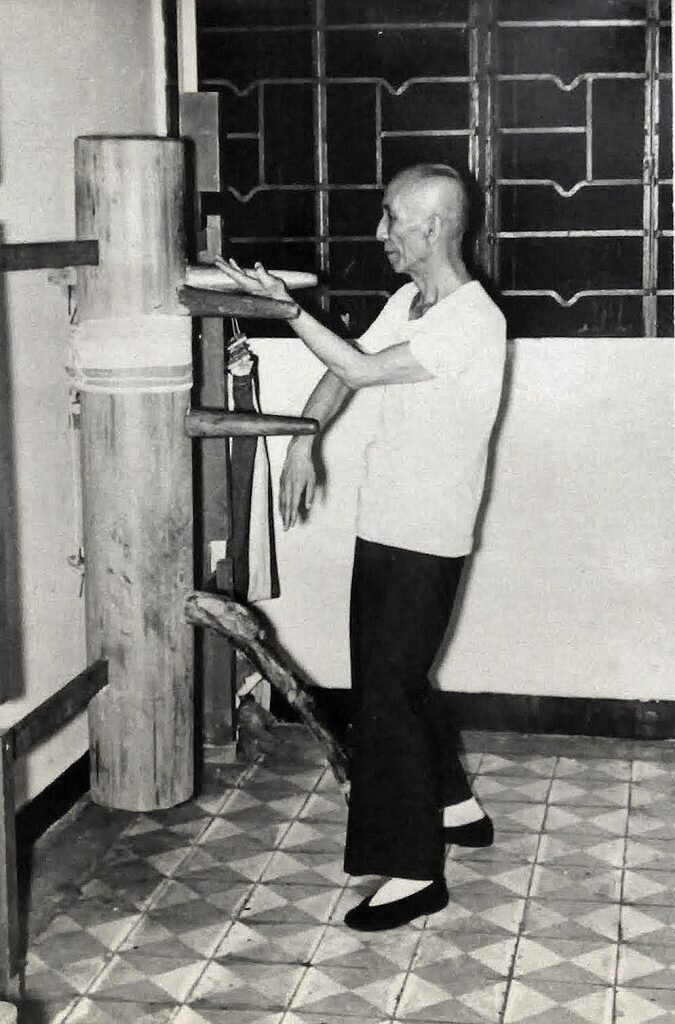
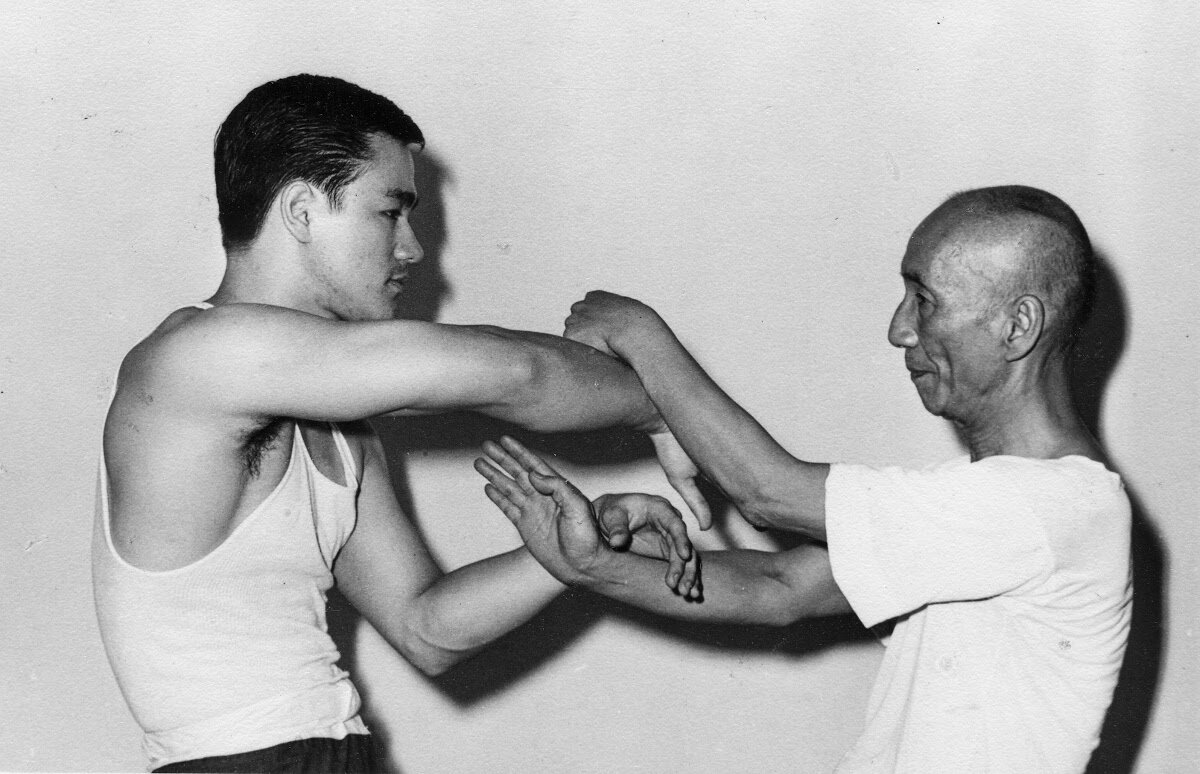


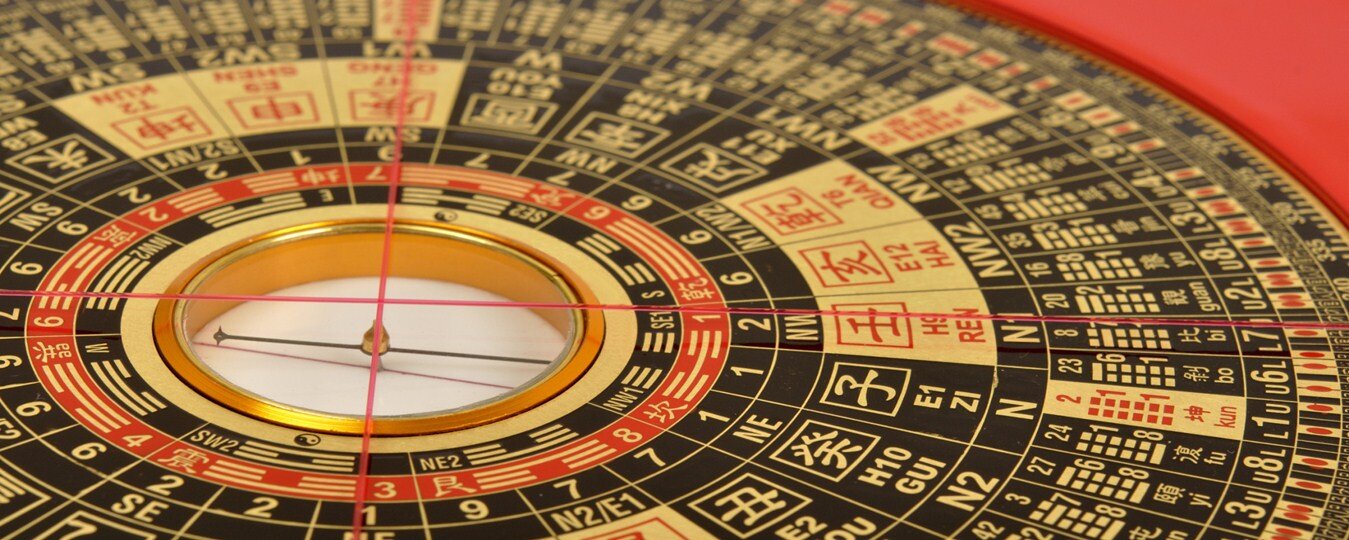
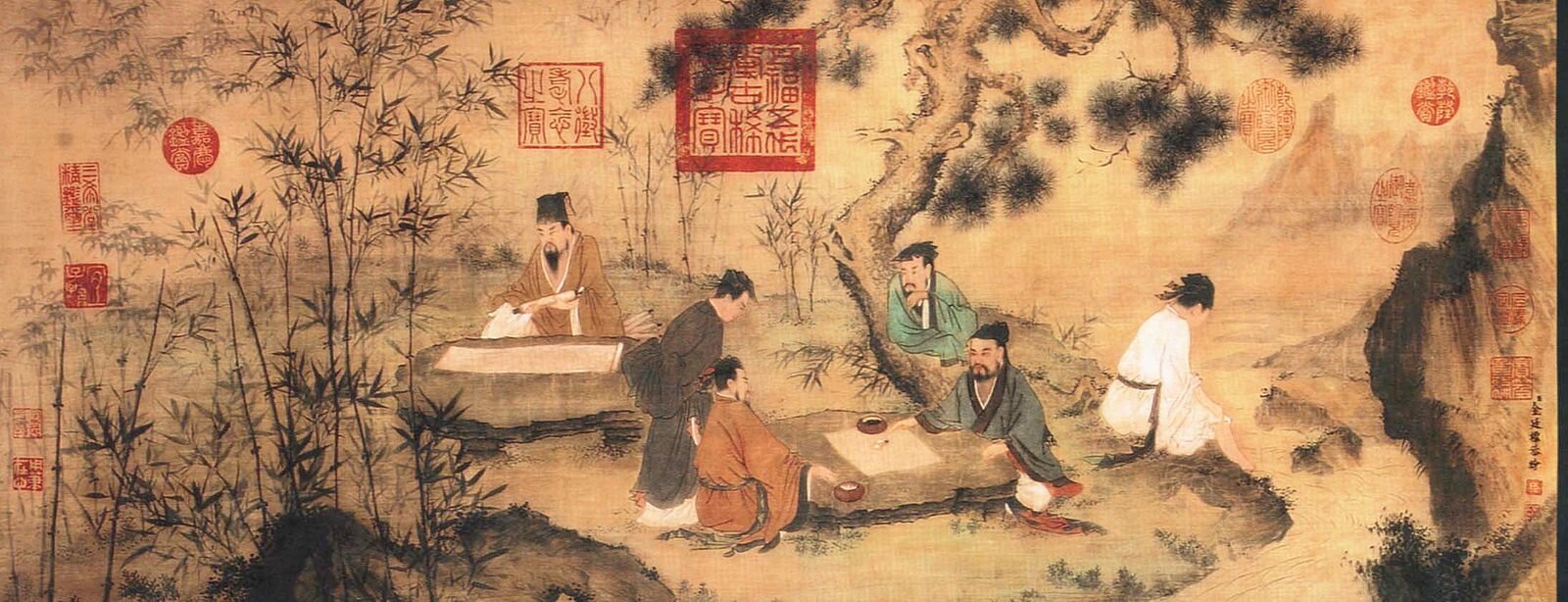
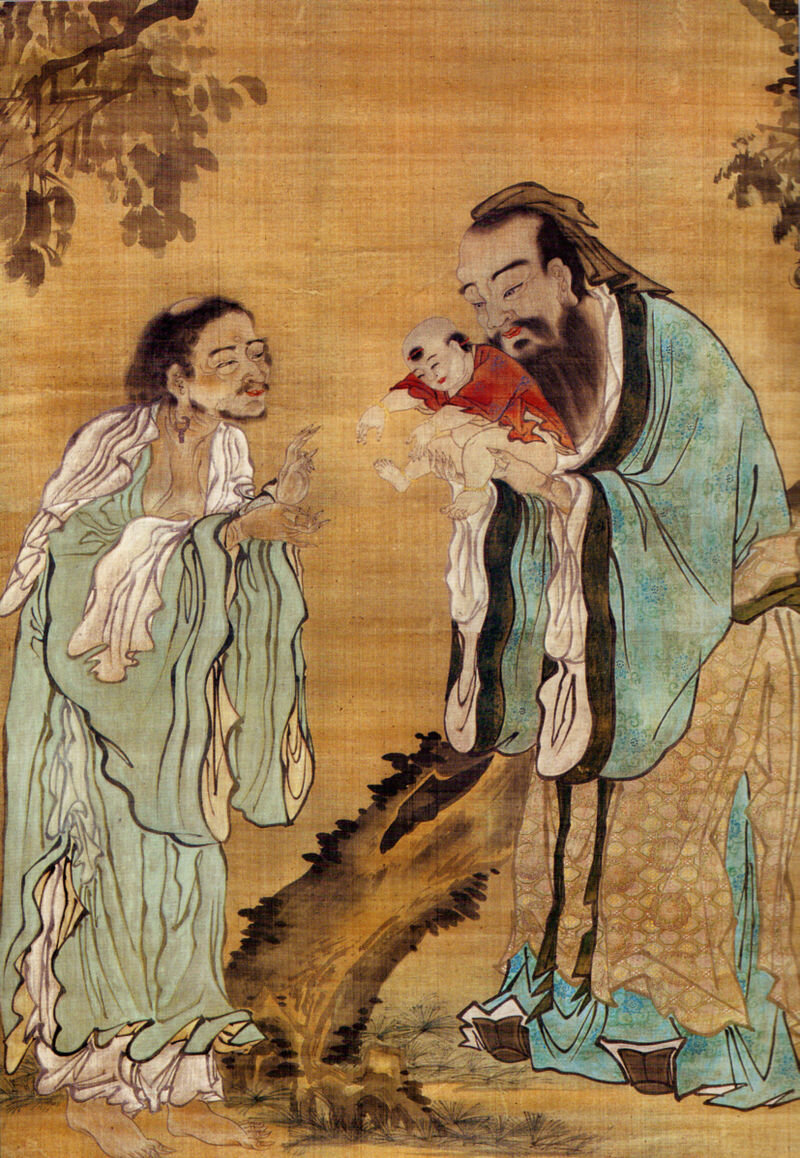
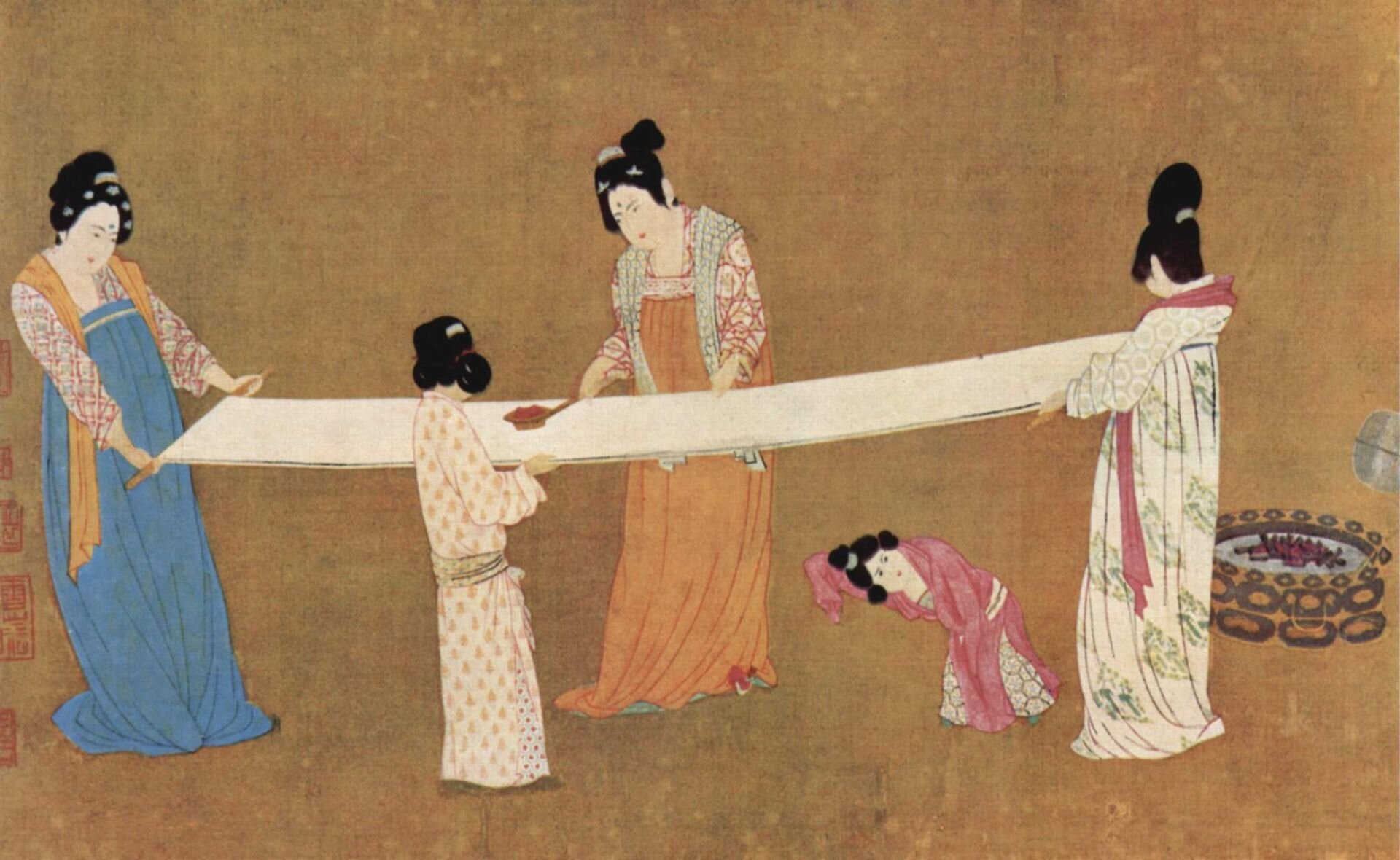
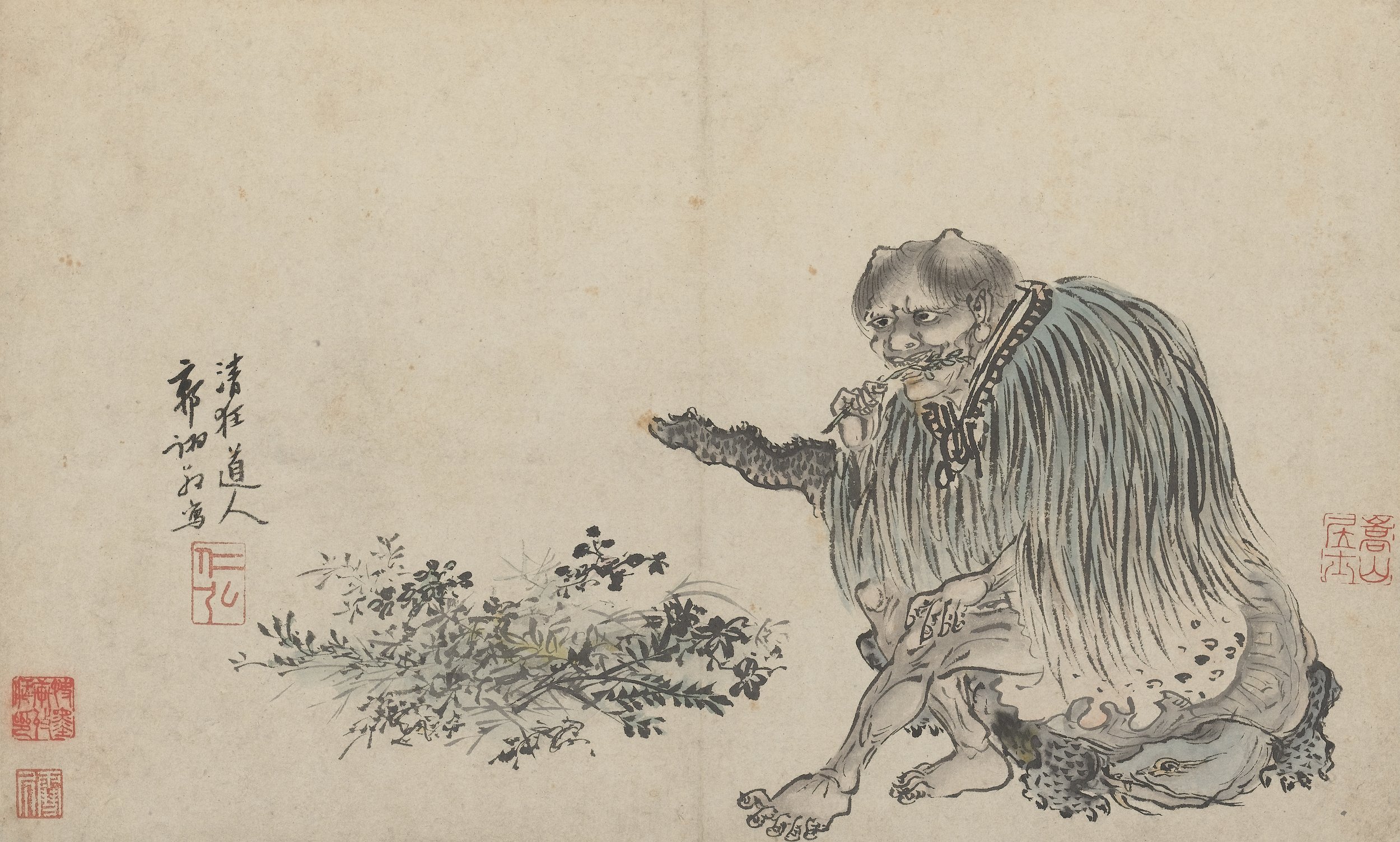
In this episode, we start a new series that looks at the history of Chinese Medicine or TCM.